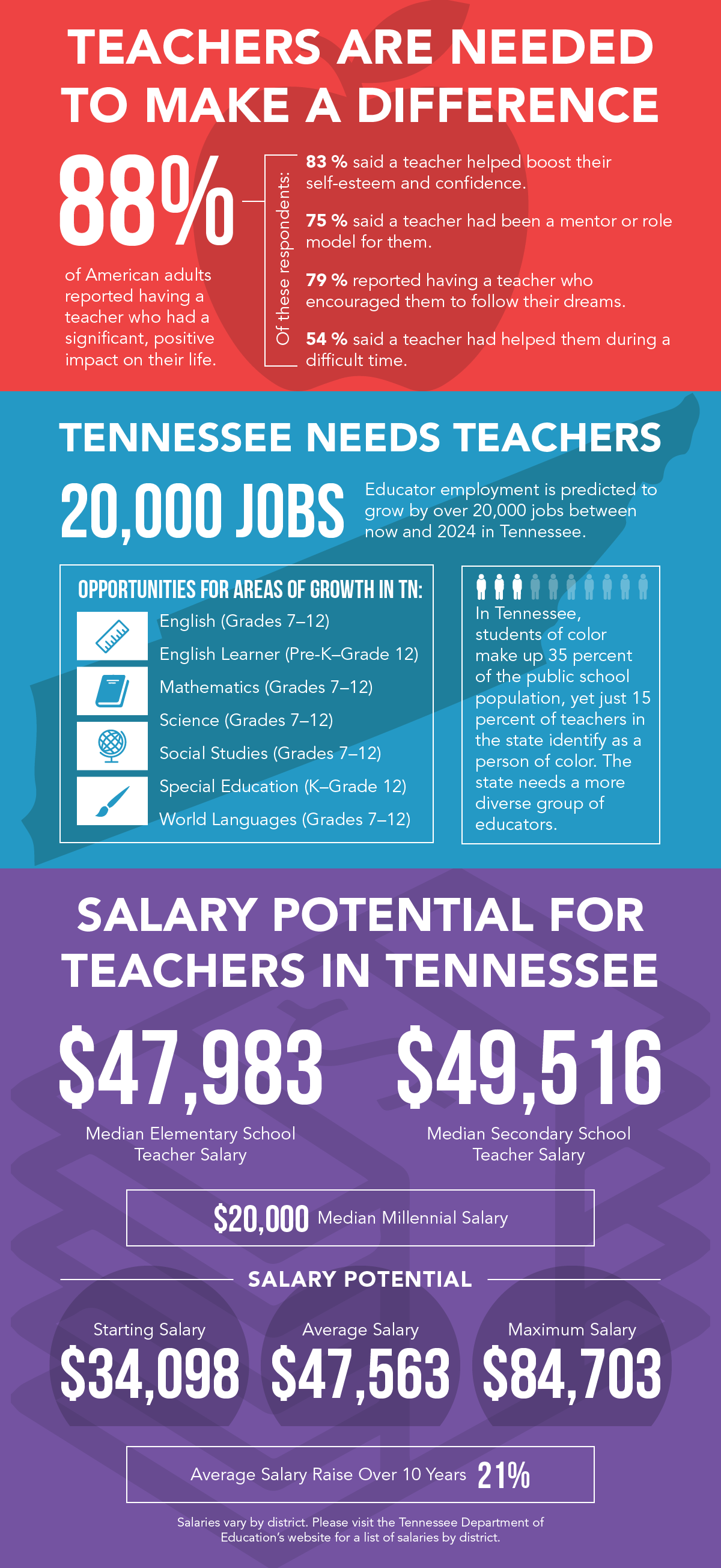Submitted by MNPS Board Member Will Pinkston
Back in 2010, the Center on Reinventing Public Education, a national charter school think tank, convened an elite group of Nashvillians and charter school leaders to ink a “collaboration compact” with Metro Nashville Public Schools (MNPS). The heart of the compact seemed reasonable: “Collaborate as partners in the city-wide effort to provide an excellent education for all students.”
What happened next didn’t resemble collaboration at all, but rather outright hostility. As it turns out, many of those who signed on didn’t really care about public schools. Their sole focus: Expanding the taxpayer-funded private schools known as charters.
For example, just two years after signing the compact, then-mayor Karl Dean, who’s now running for governor of Tennessee, roamed the halls of the legislature pitching lawmakers on a bill to strip local elected school boards in Memphis and Nashville of our ability to reject charters, which drain resources from existing schools. Dean’s legislation, which became law, instead gave the appointed State Board of Education the final say-so on charters – even though, here in Nashville, local taxpayers fund two-thirds of K-12 public education and the state is a minority investor.
Later, Dean went on to launch Project Renaissance, an anti-public education group funded by backers of charters and private-school vouchers, which would further drain our public-school system of finite resources. In 2016, Dean’s group tried but failed to defeat incumbent Nashville School Board members at the polls – less than three months after the board hired an energetic new director of schools who articulated a big vision.
So much for collaboration.
Another compact signer, Randy Dowell, CEO of KIPP Nashville charter schools, ditched the pretense of collaboration as soon as he saw an opportunity to ramrod new charter schools through the State Board under Dean’s newly minted law. Meanwhile, this year Dowell is effectively booting 43 MNPS students from Nashville’s Kirkpatrick Elementary School because they don’t fit in his business plan for a gradual conversion of the former public school.
Speaking of Kirkpatrick: Marsha Edwards, another compact signer and CEO of a pro-charter nonprofit group, somehow managed – after zero collaboration with the school board – to secure federal funds to build a new charter school right next door to Kirkpatrick. This will have a destabilizing effect on both schools. Last year, Edwards put her organization’s federal tax-exempt status at risk by partnering with Stand for Children, which has become a radical reform group, in failed efforts to upend local school board elections.
Jeremy Kane, a politician who finished last in Nashville’s 2015 mayor’s race, also signed on to the compact. Kane founded the local LEAD charter chain, which later declared war on MNPS when it sidled up to the failing state-run Achievement School District, which engineered a hostile state takeover of Nashville’s Neely’s Bend Middle School – a school that already was turning around.
Finally, Ralph Schulz, CEO of the Nashville Area Chamber of Commerce, was another compact signer. The business group, a longtime mouthpiece for charter special interests, supported Dean’s law to punish local school boards and has even endorsed vouchers. Schulz and the chamber enthusiastically joined last year’s failed efforts by Dean and others to blow up the school board and MNPS – so perhaps some collaboration was happening, after all.
These days, the Center on Reinventing Public Education, which attacked the Nashville School Board in 2013, is now ideologically aligned with President Trump and U.S. Education Secretary Betsy DeVos – and it’s pushing local school systems to recommit to charter compacts of the past. My view: If the turmoil of the past seven years in Nashville is any indication, I’d say we’ve had enough so-called “collaboration.” I’m guessing other school systems have had similar experiences.
Perhaps it’s overdue time to create a “Center on Recommitting to Public Education.” If anyone wants to learn what we’re doing in Nashville to fight the privatization agenda, email me at: will@pinkstonforschools.com
For more on education politics and policy in Tennessee, follow @TNEdReport

